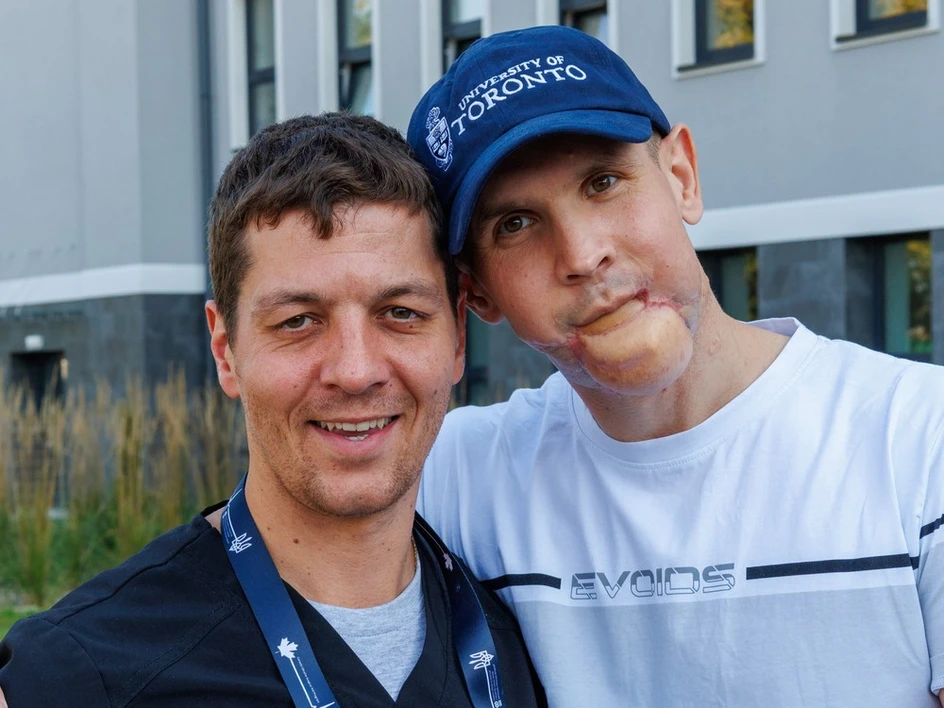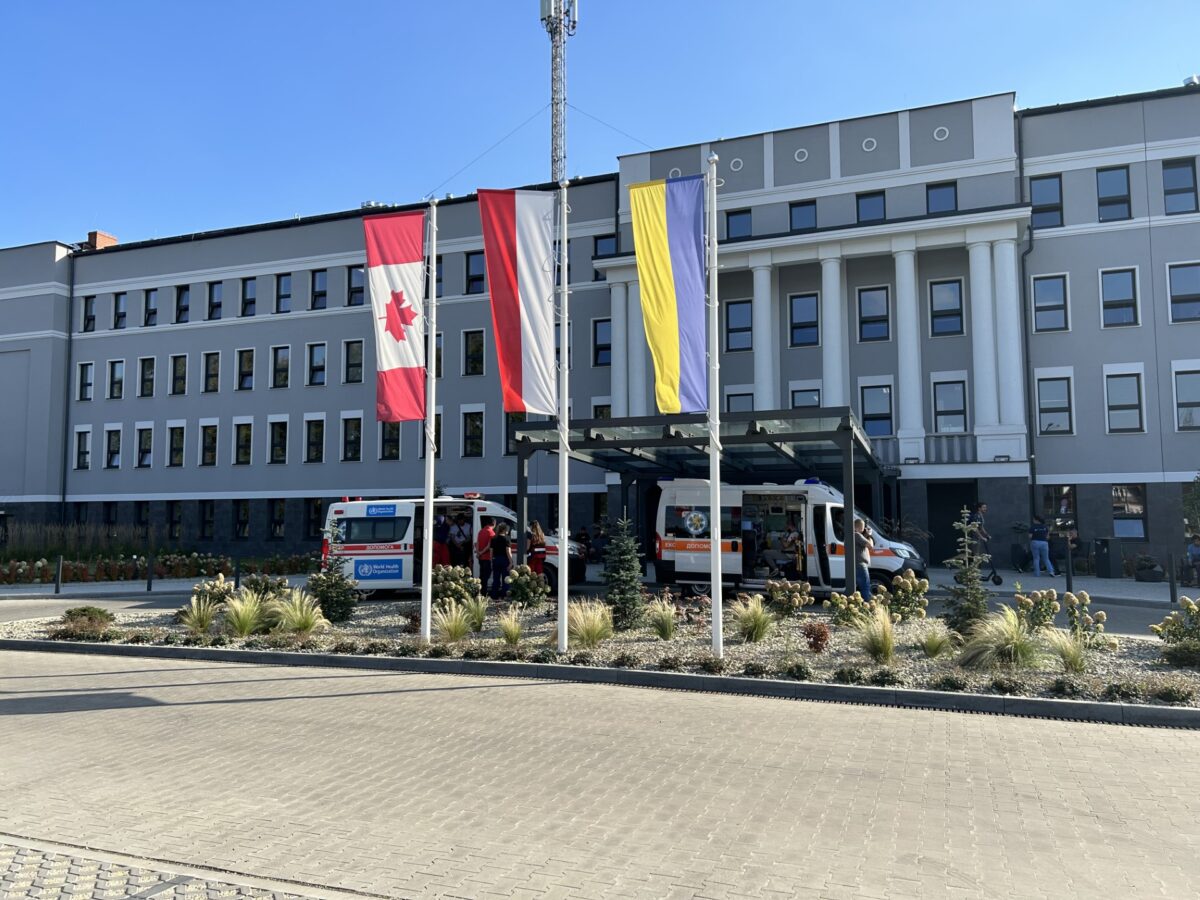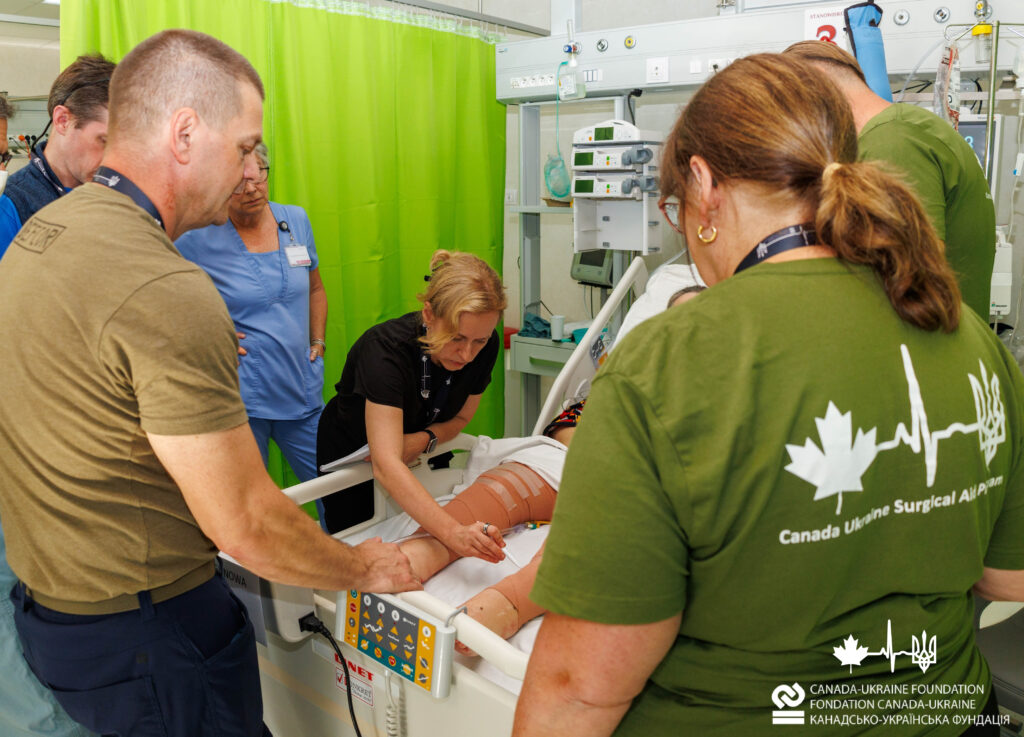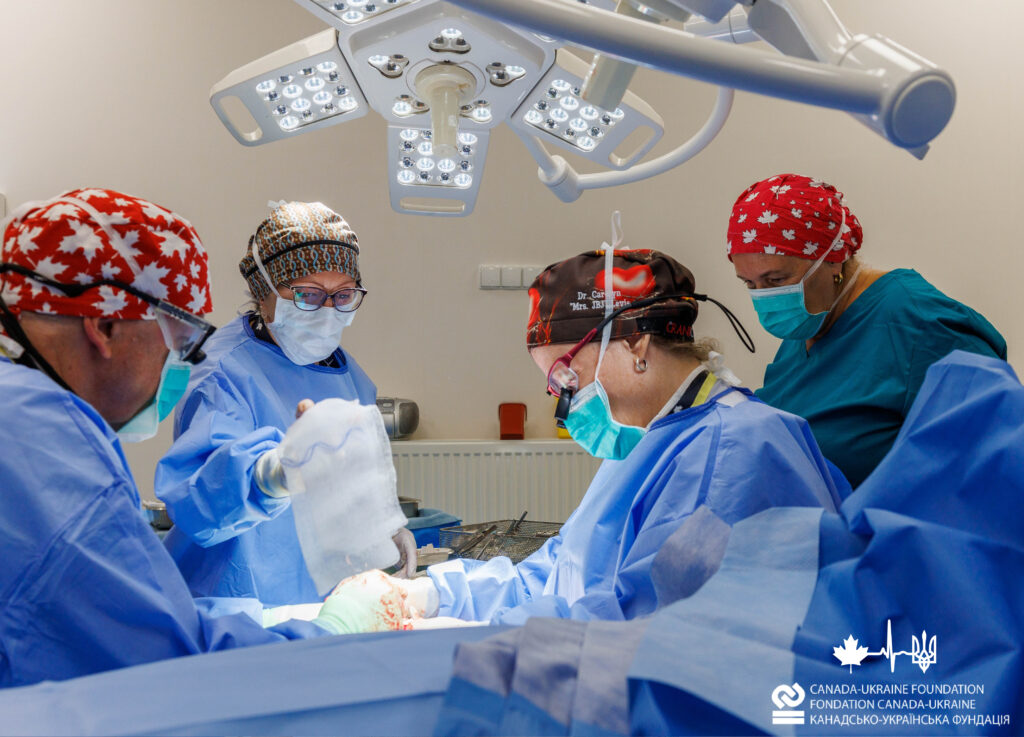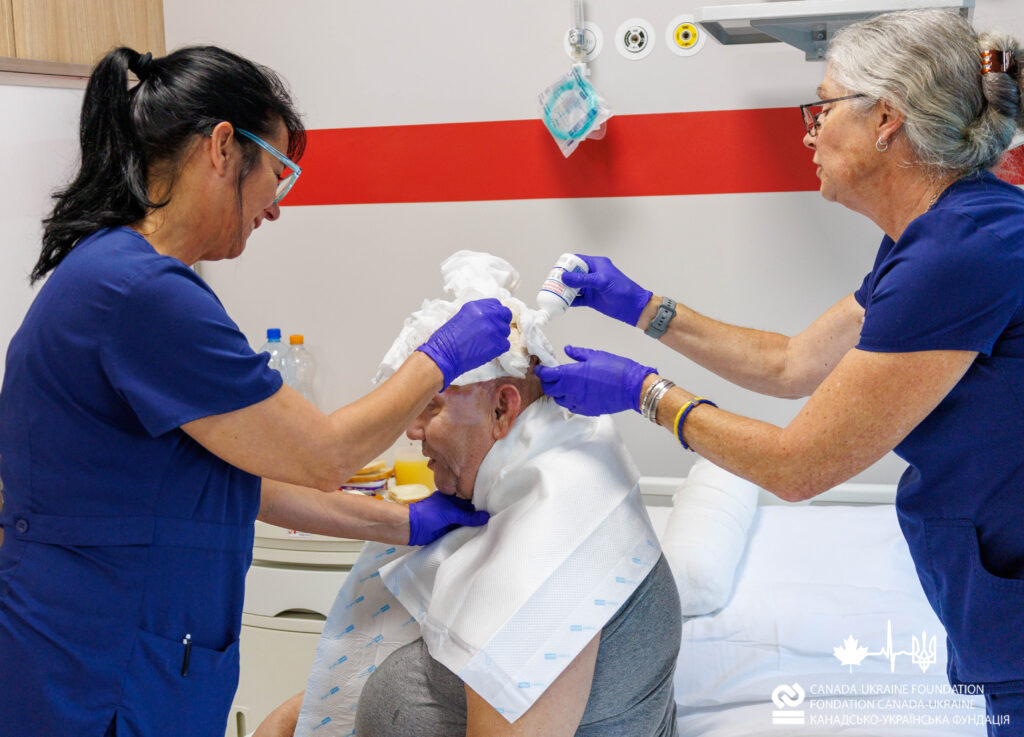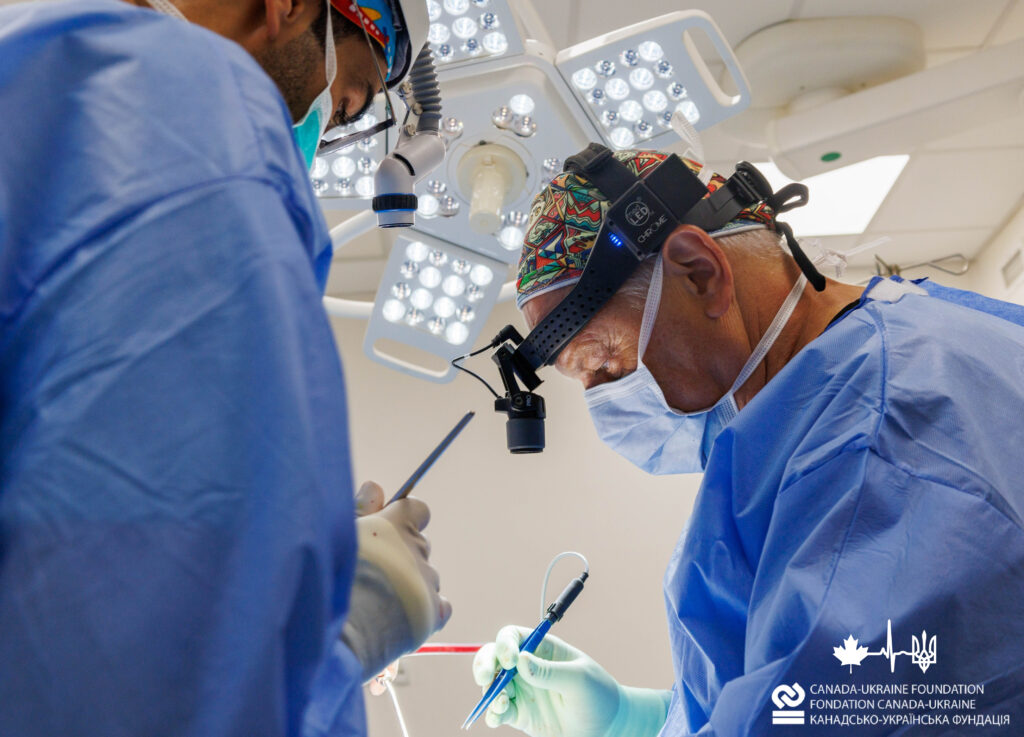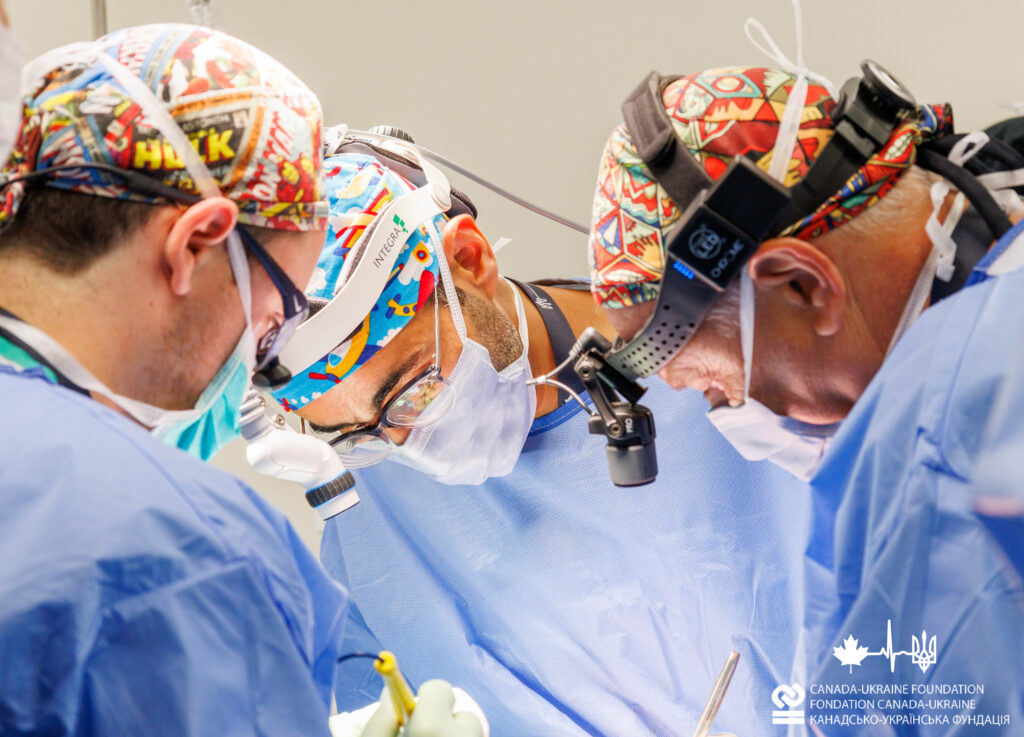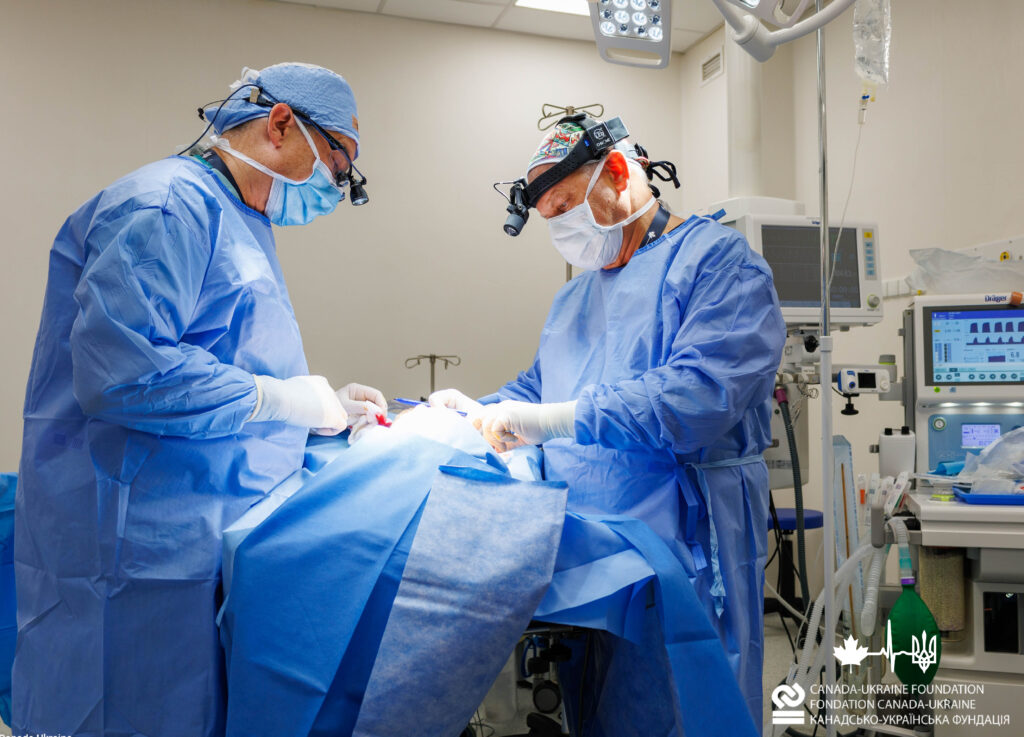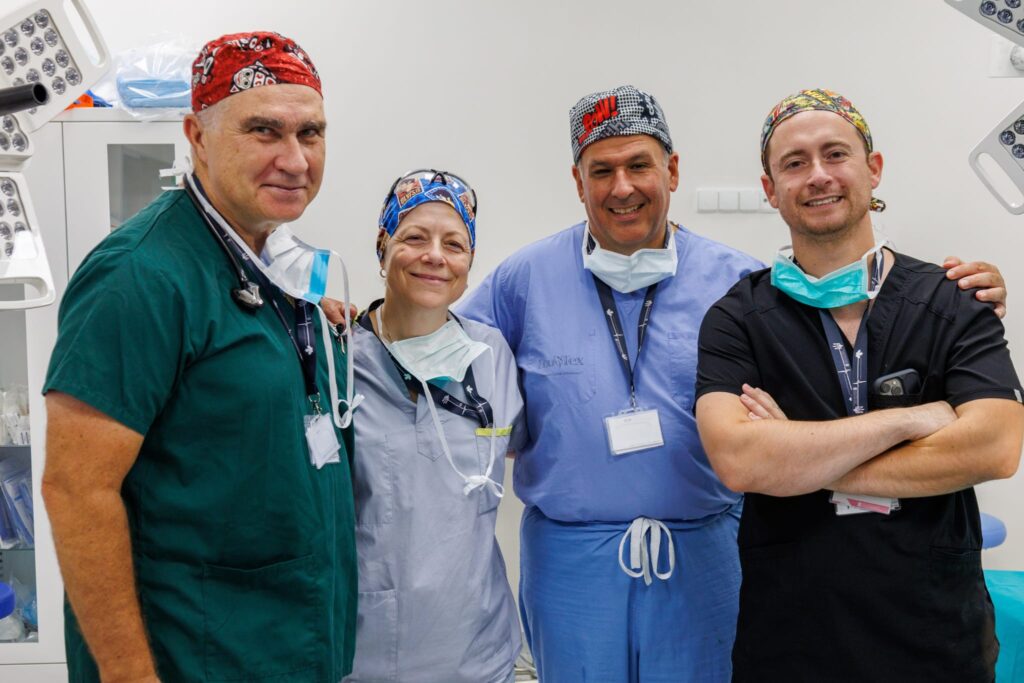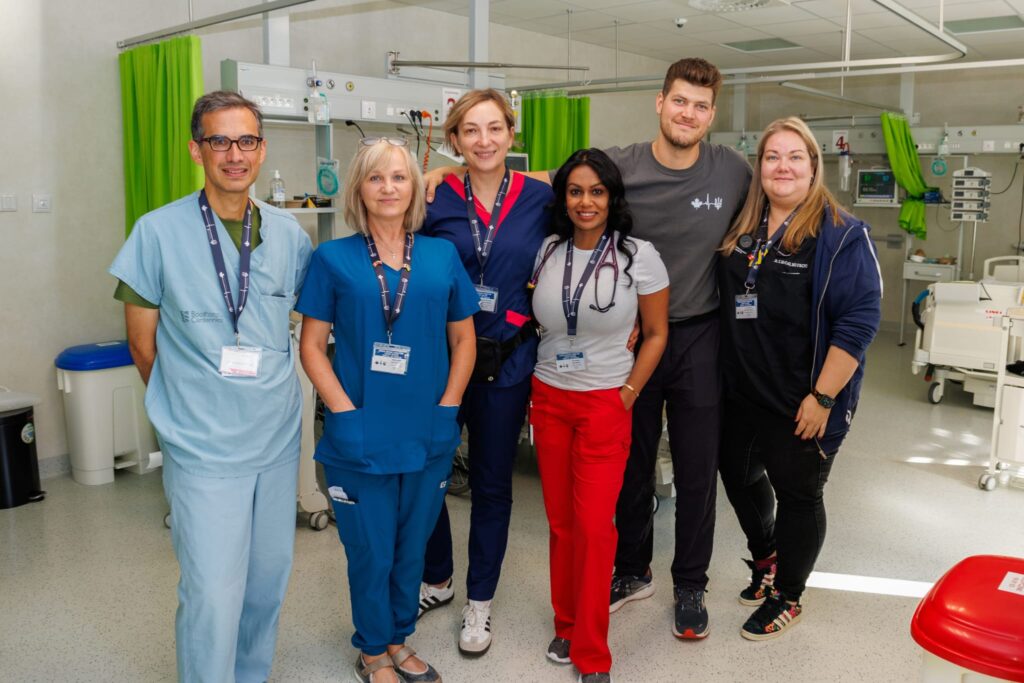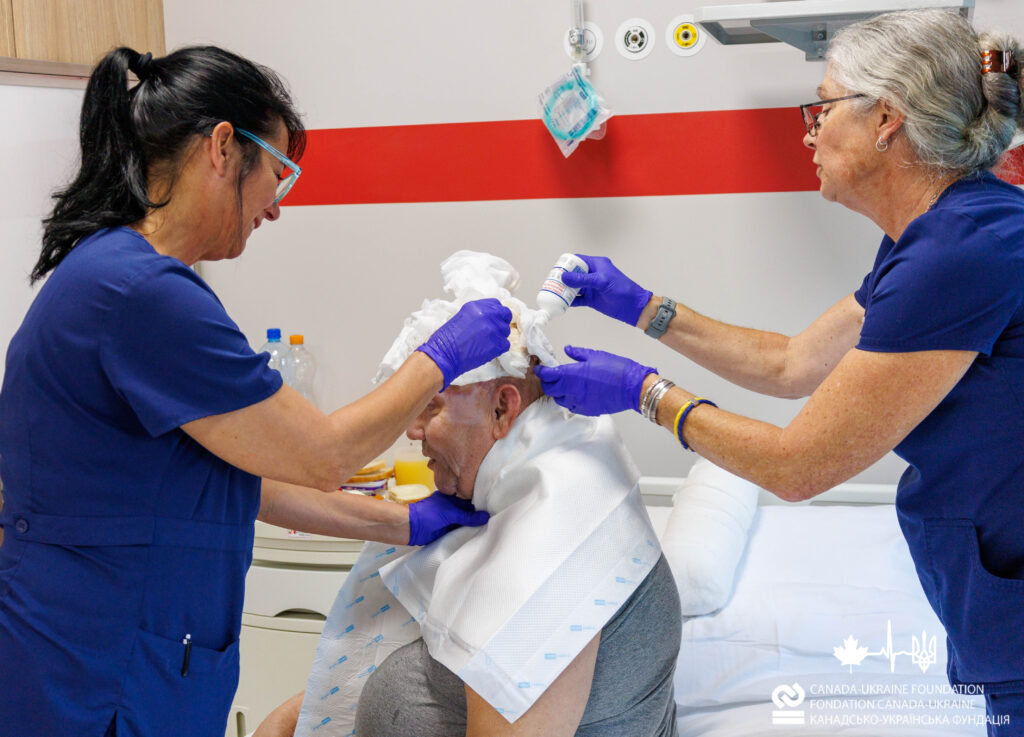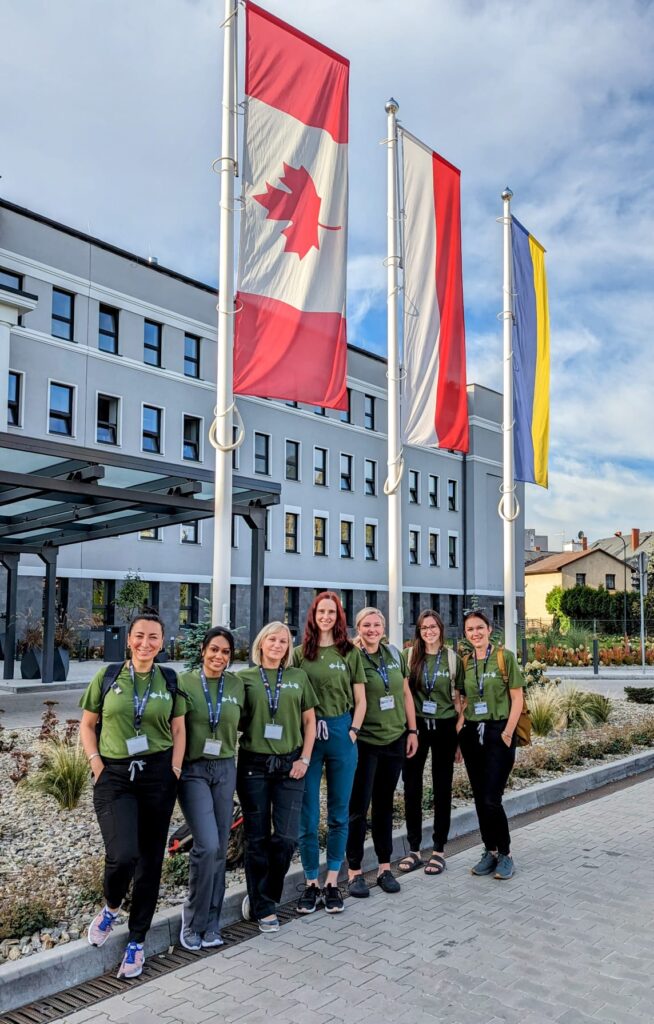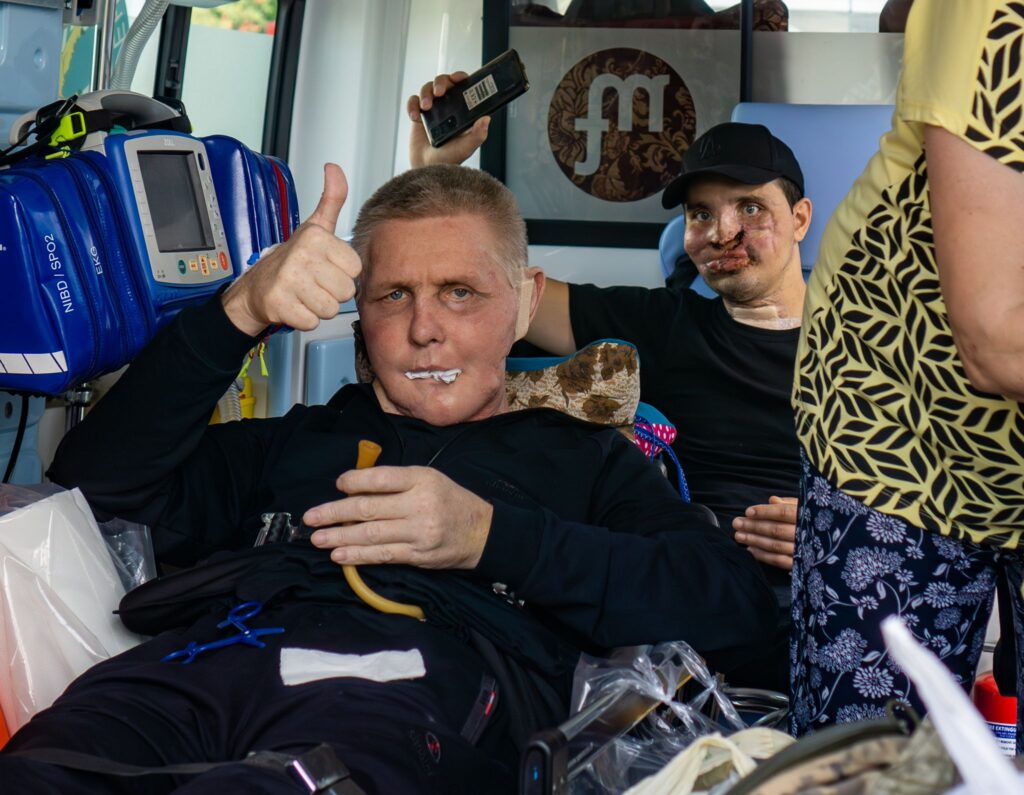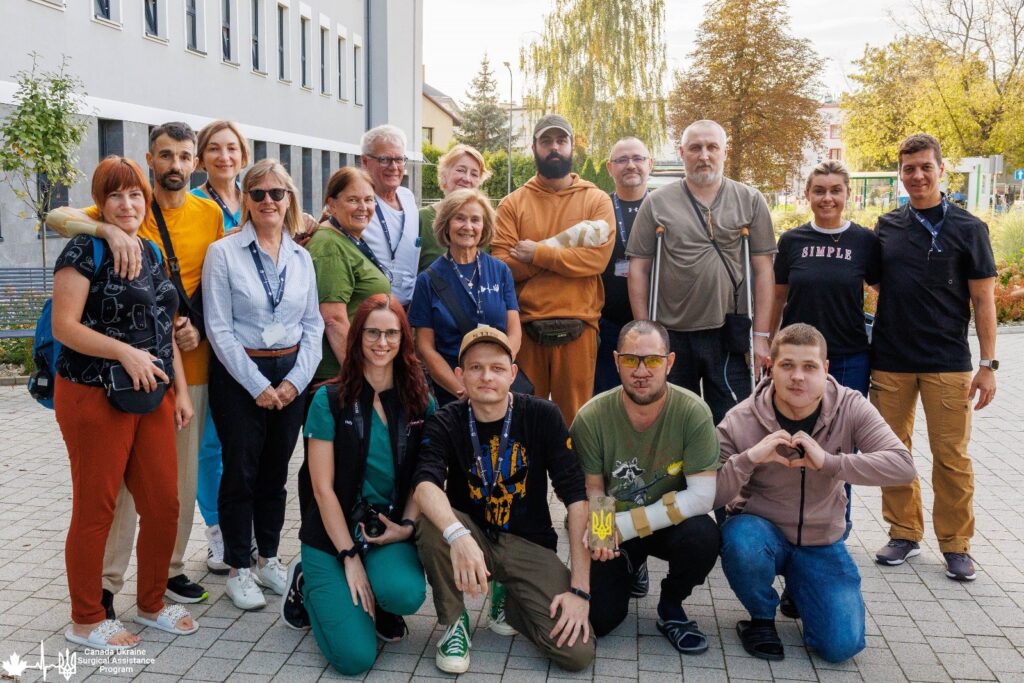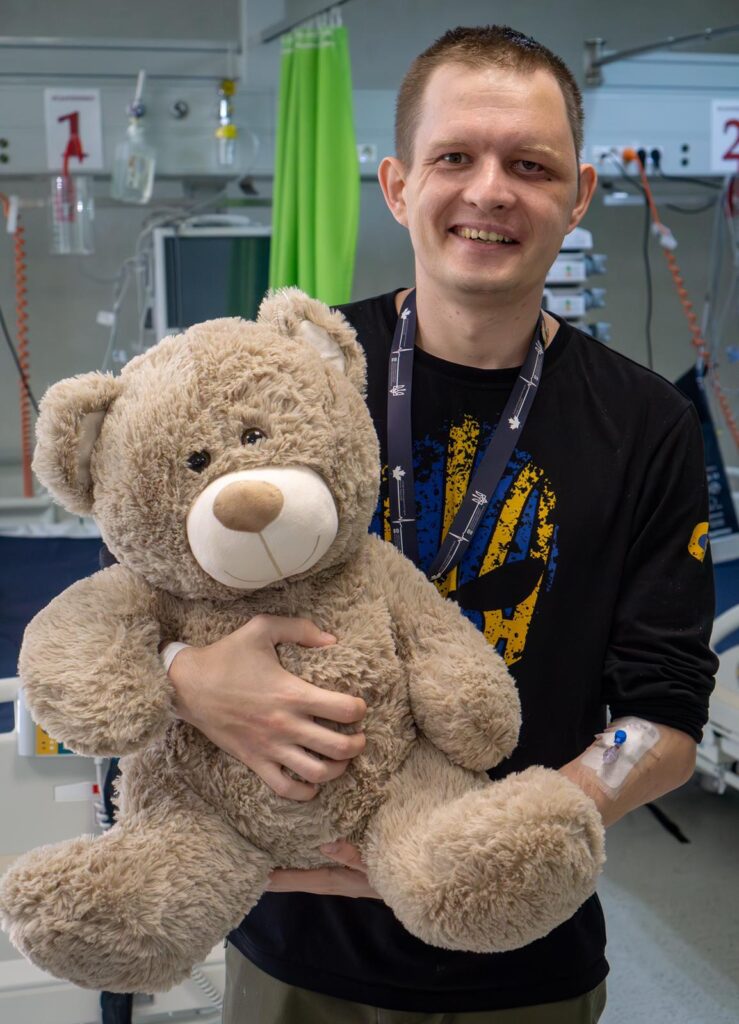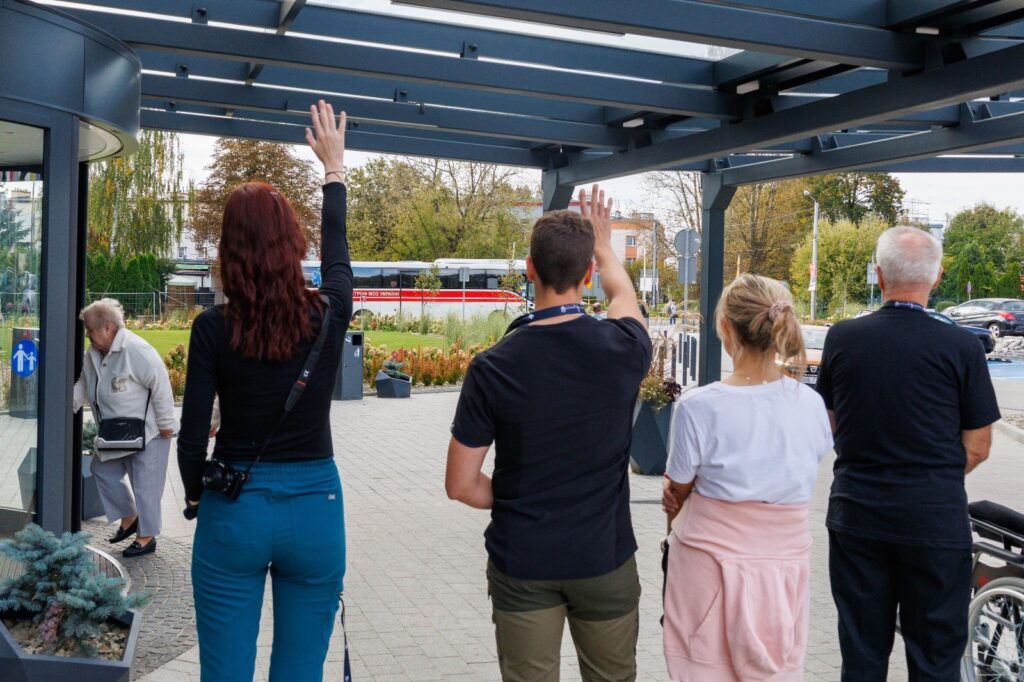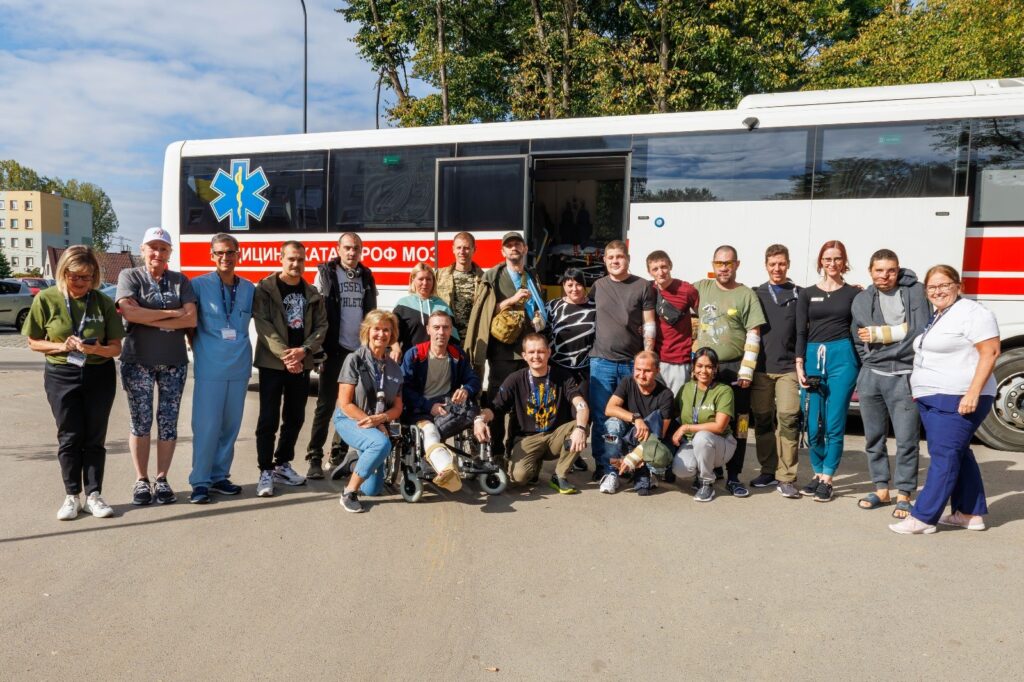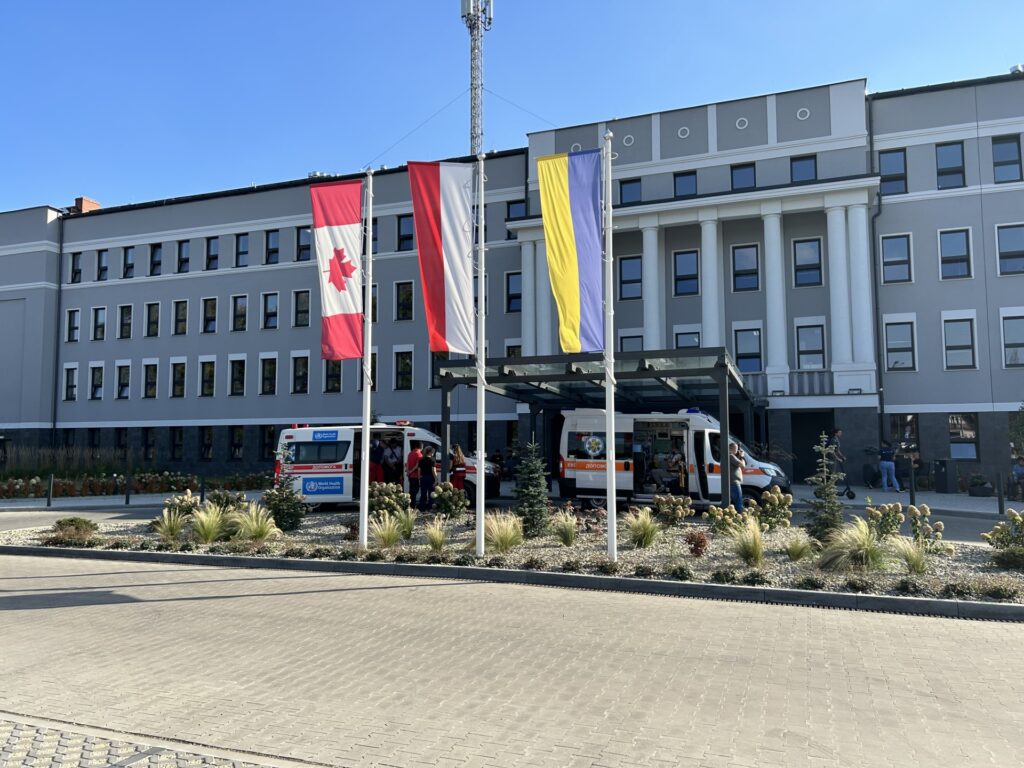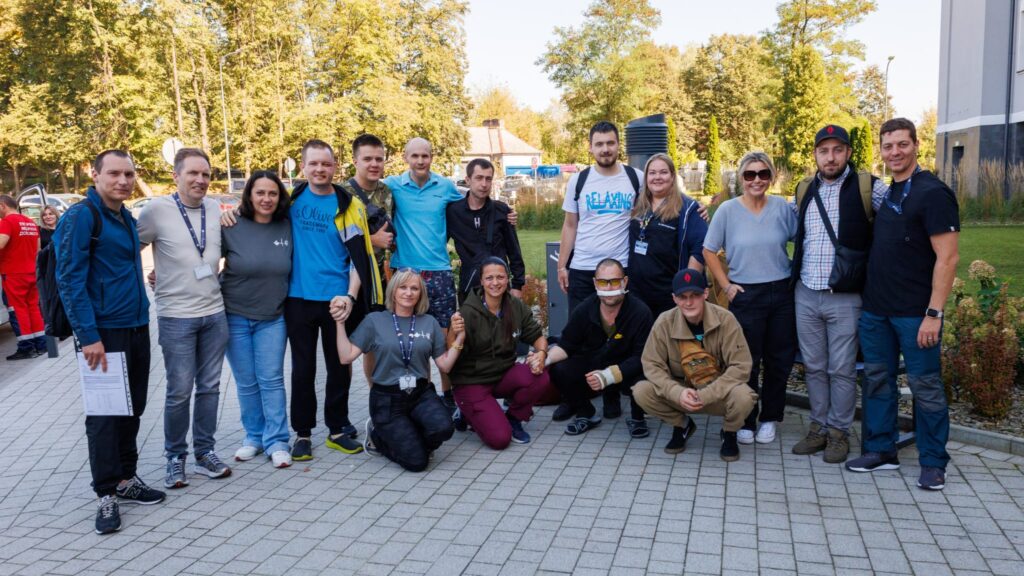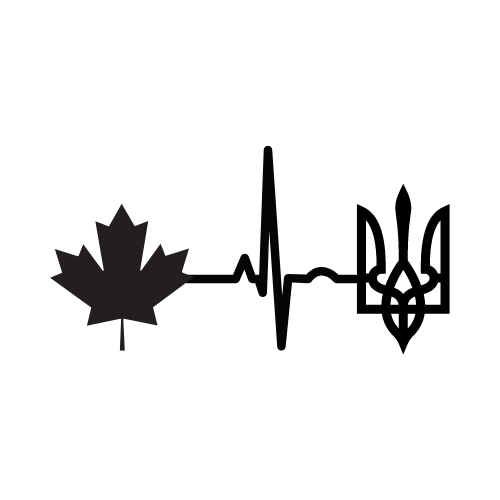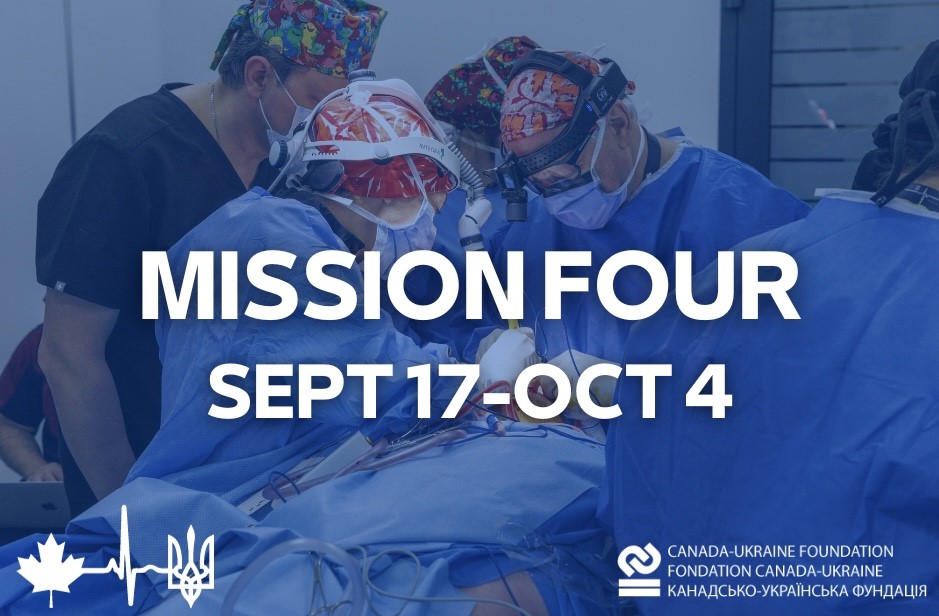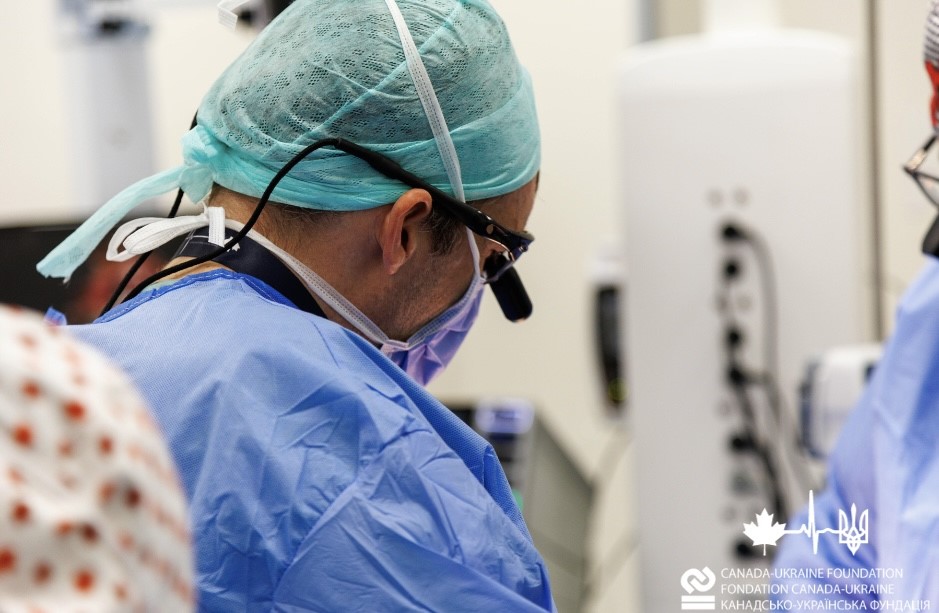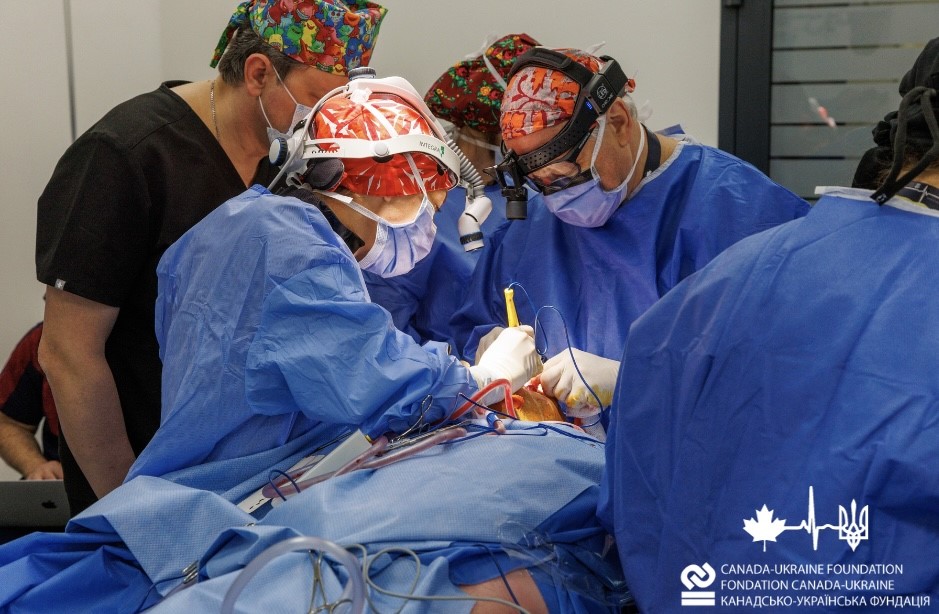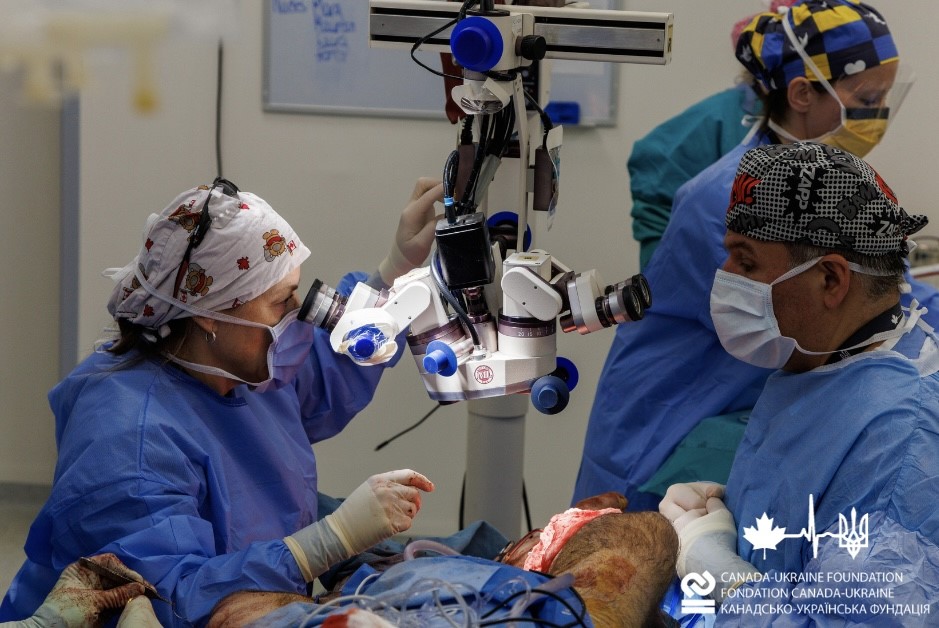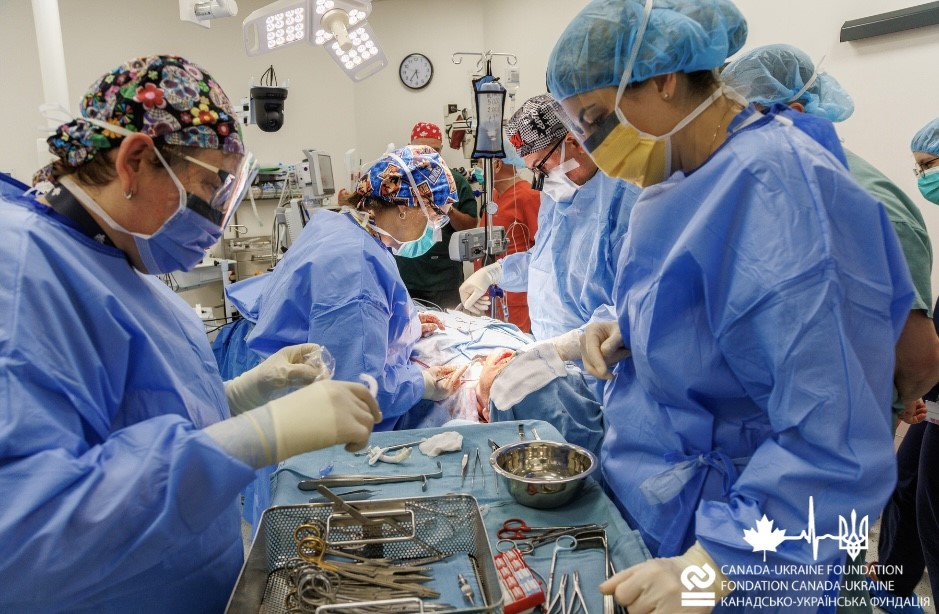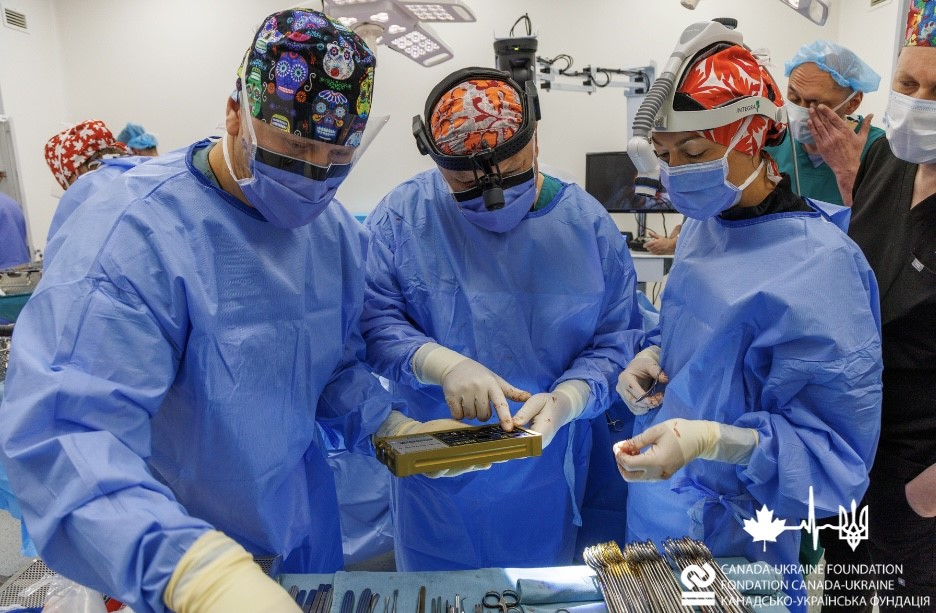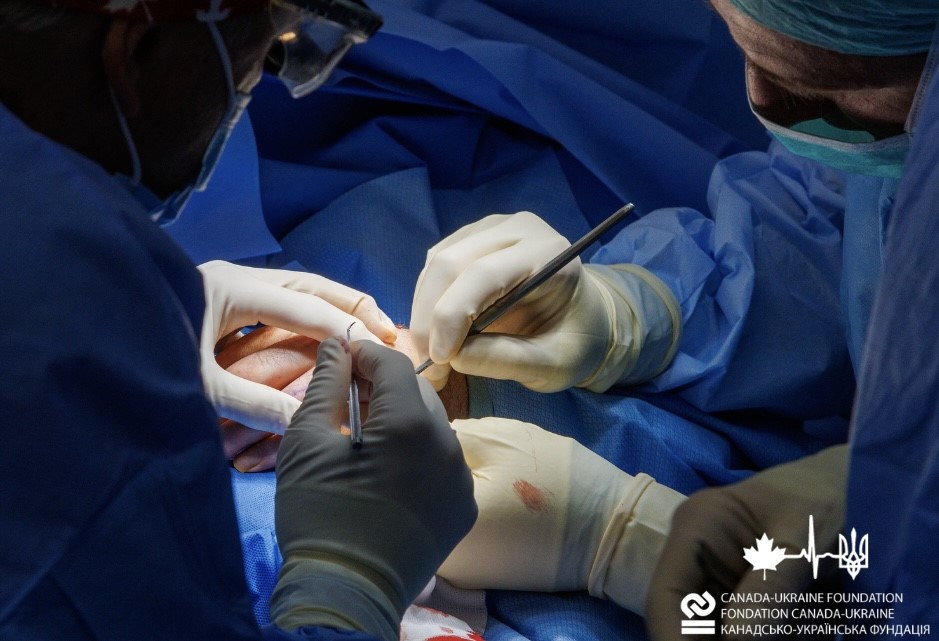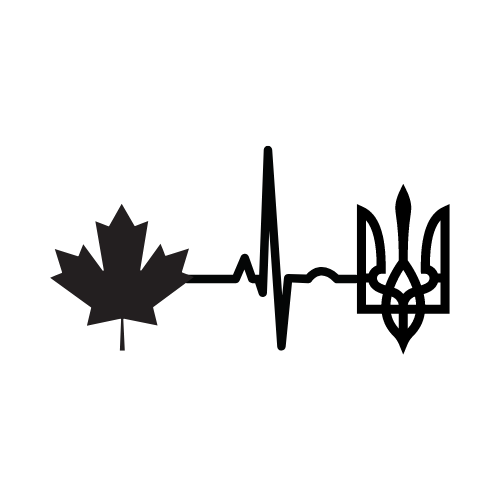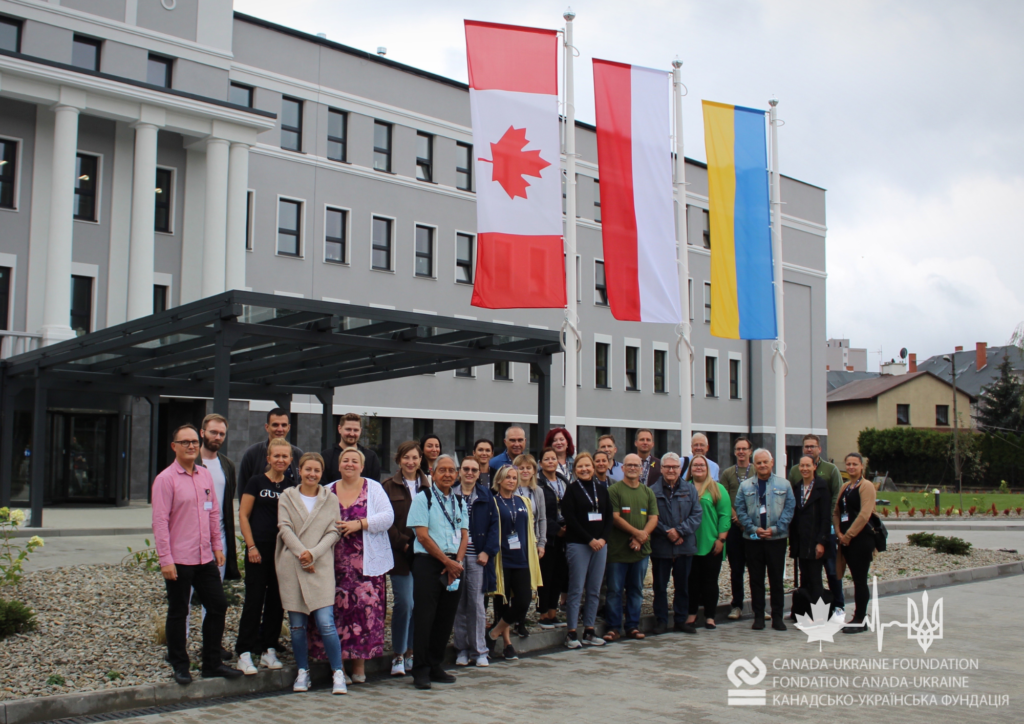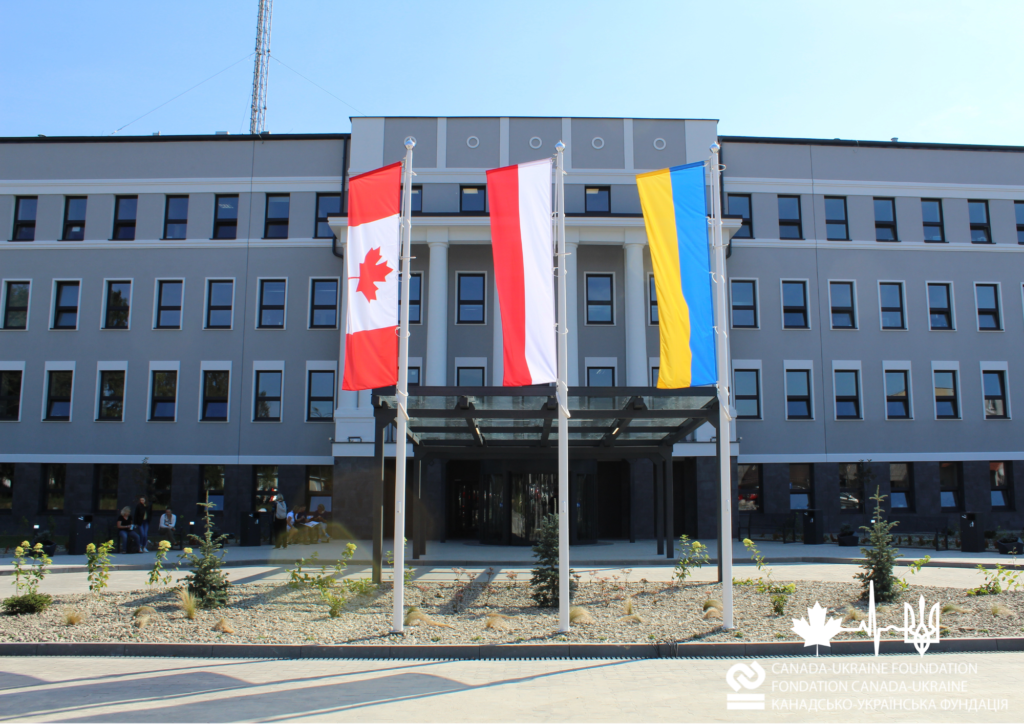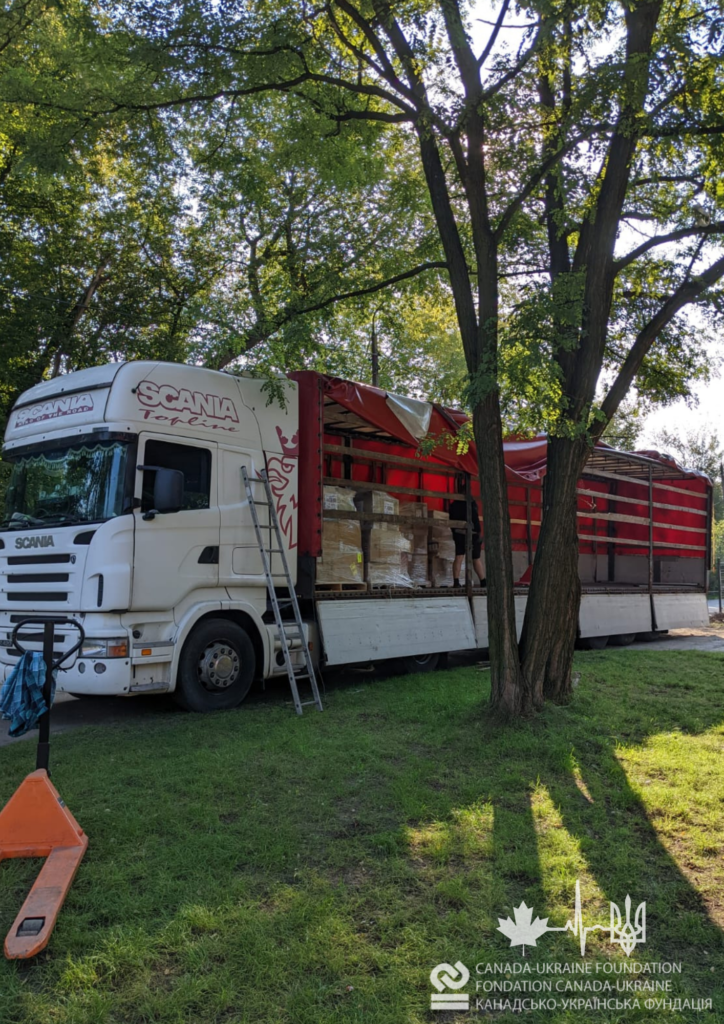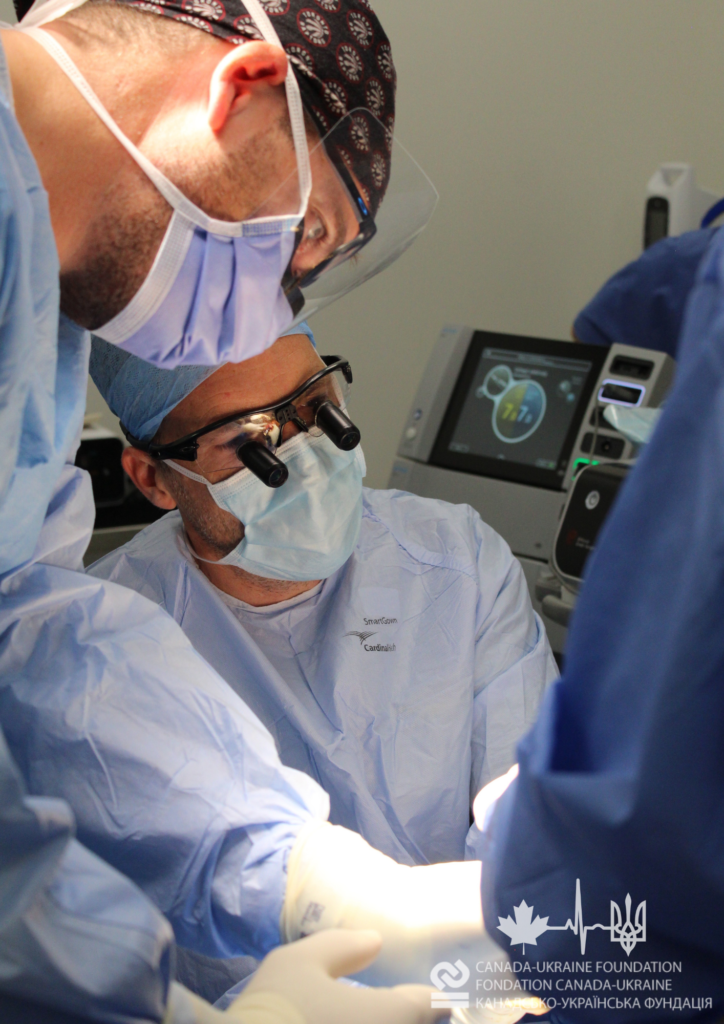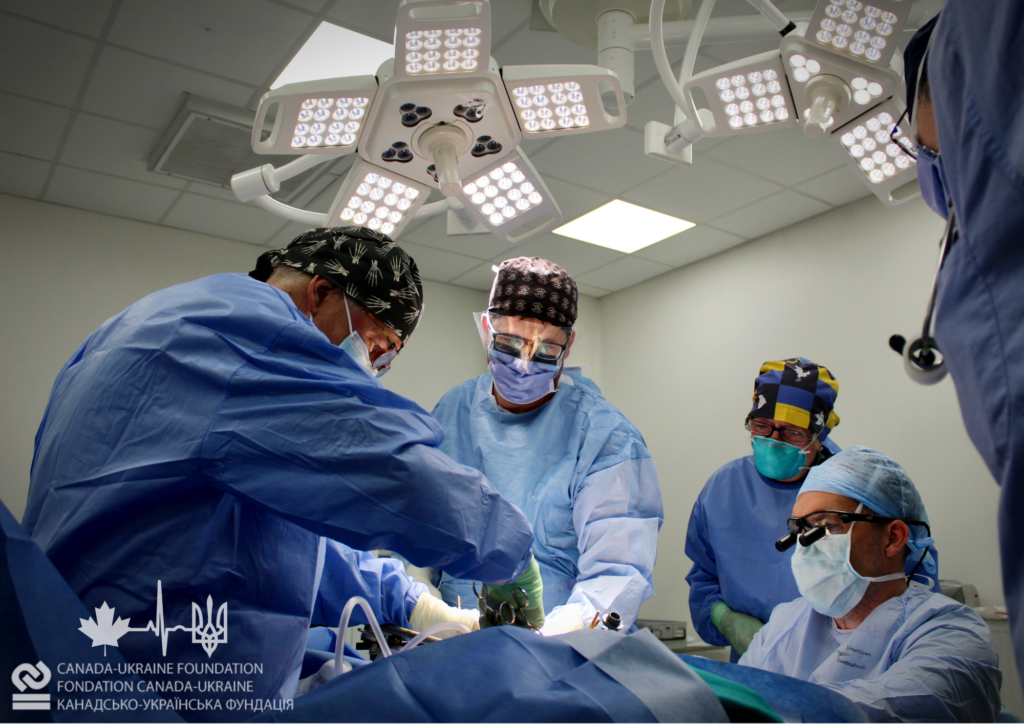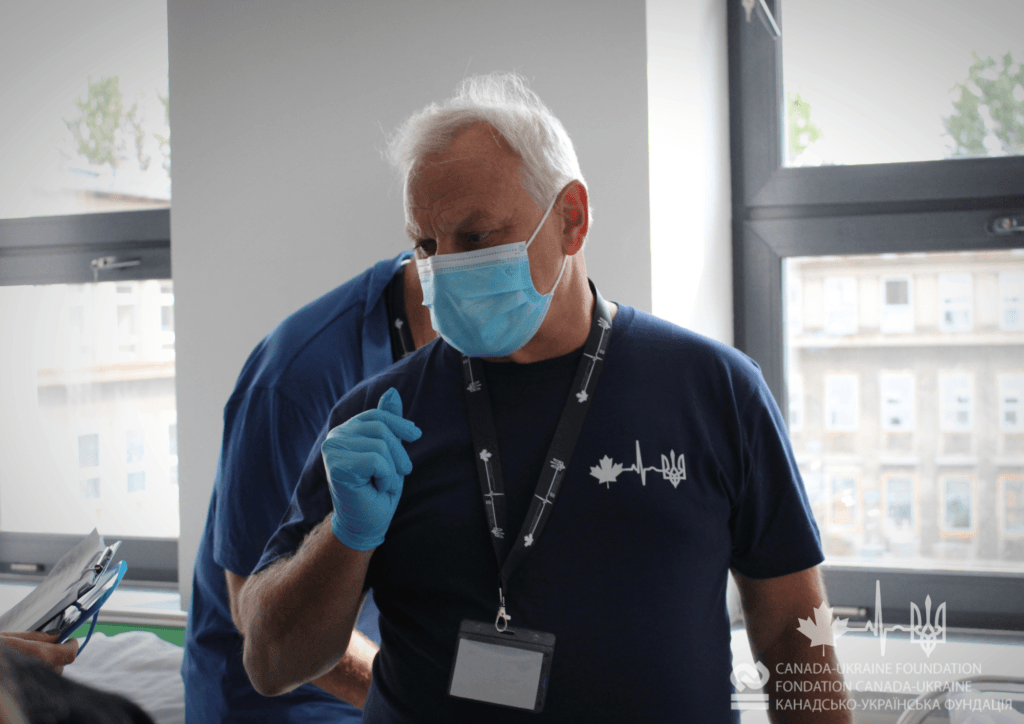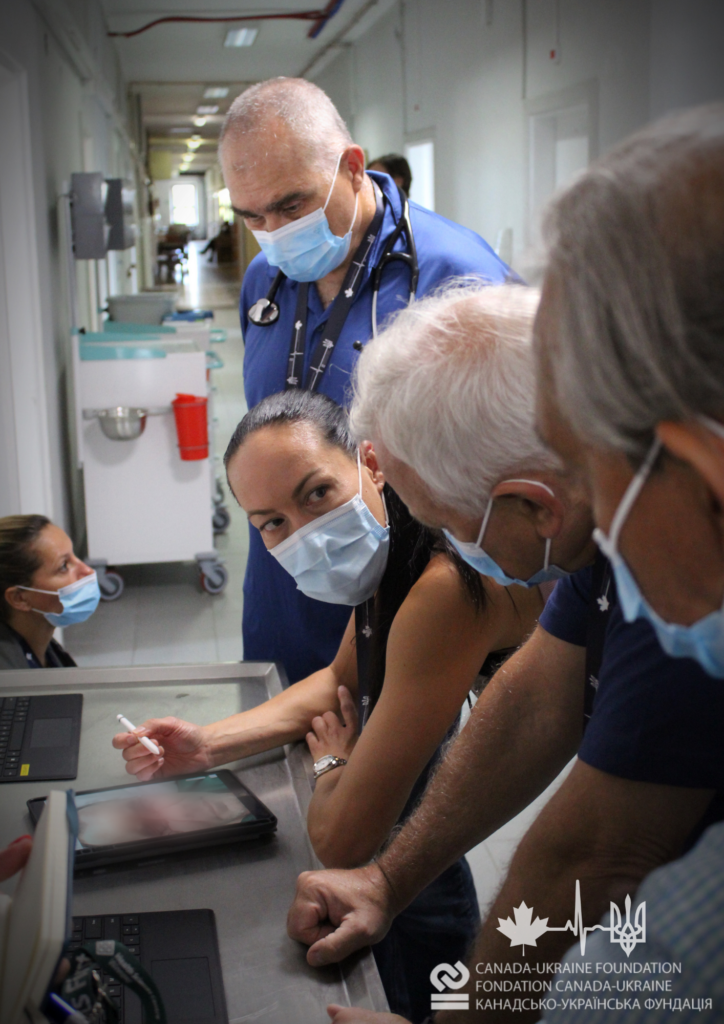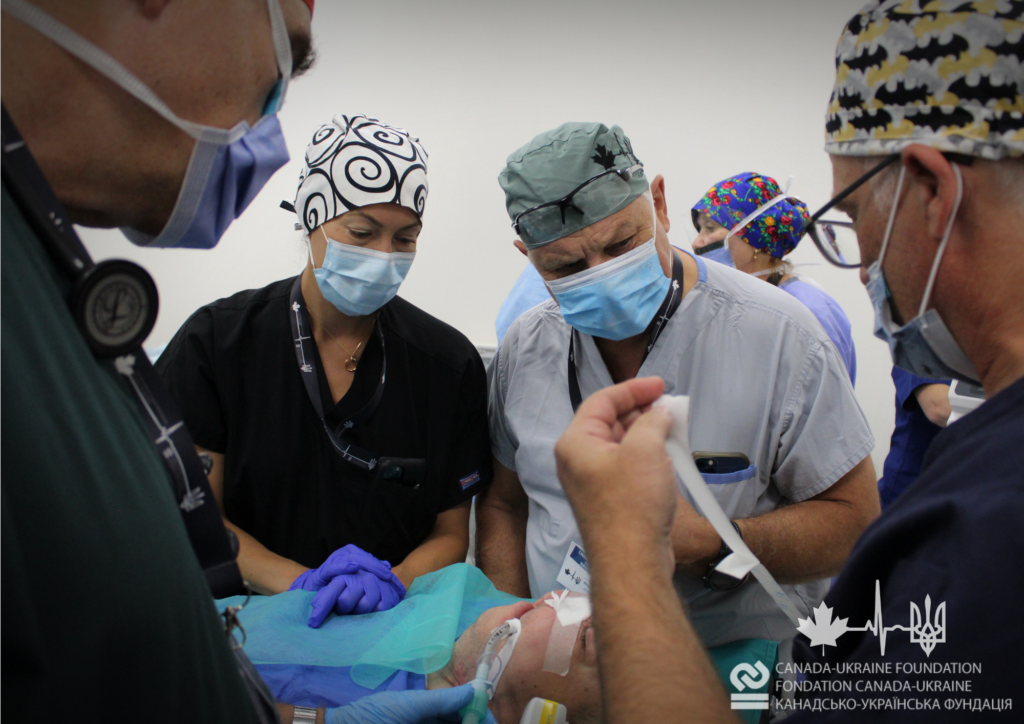5th LIFE-CHANGING MEDICAL MISSION OF THE CANADA UKRAINE SURGICAL AID PROGRAM (CUSAP) HAS TAKEN PLACE IN POLAND APRIL 20 – MAY 8
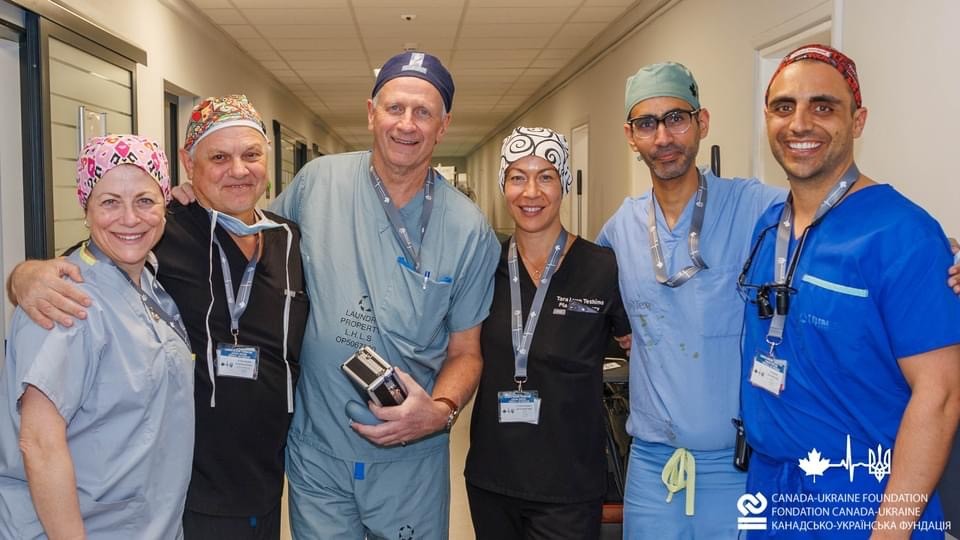
The Canada Ukraine Surgical Aid Program (CUSAP), a joint initiative of the Canada-Ukraine Foundation (CUF) and the Sunnybrook Health Sciences Centre, has finished its fifth surgical mission in Czeladź, Poland. The team of 64 Canadian volunteers (only 18% of Ukrainian descent) have conducted 62 consultations and in 8 OR days, operated on 37 patients with devastating traumas sustained in Russia’s war on Ukraine.
The team saw some of the most complicated injuries from the war and completed highly complex craniofacial, orthopedic and hand / peripheral nerve reconstructive procedures on patients who would otherwise not be able to receive care in Ukraine due to overwhelming demand.
The heart and soul of these missions is the multidisciplinary team of surgeons, anesthetists, intensivists, nurses, administrative staff, and other specialties, including a psychologist and an occupational therapist. This is a well-rounded team of incredibly skilled professionals who continuously volunteer their time and expertise to treat those severely injured in Russia’s unprovoked, genocidal war on Ukraine.
The volunteers’ impact goes far beyond providing medical care; their hours of dedication and hard work had a profound effect on the lives of the patients and their families. They also provided hope to all Ukrainians by showing that people from halfway across the world are willing to lend their time and expertise in a moment of immense need.
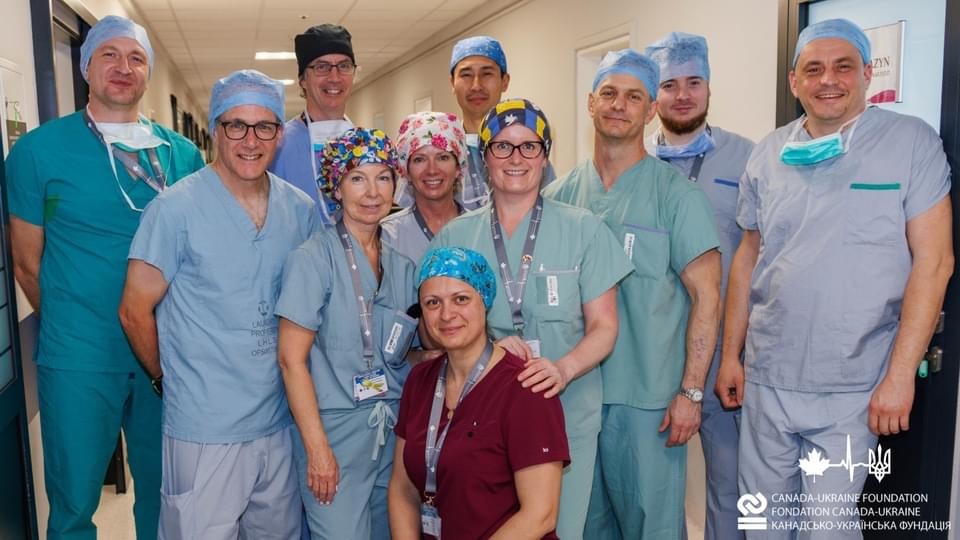
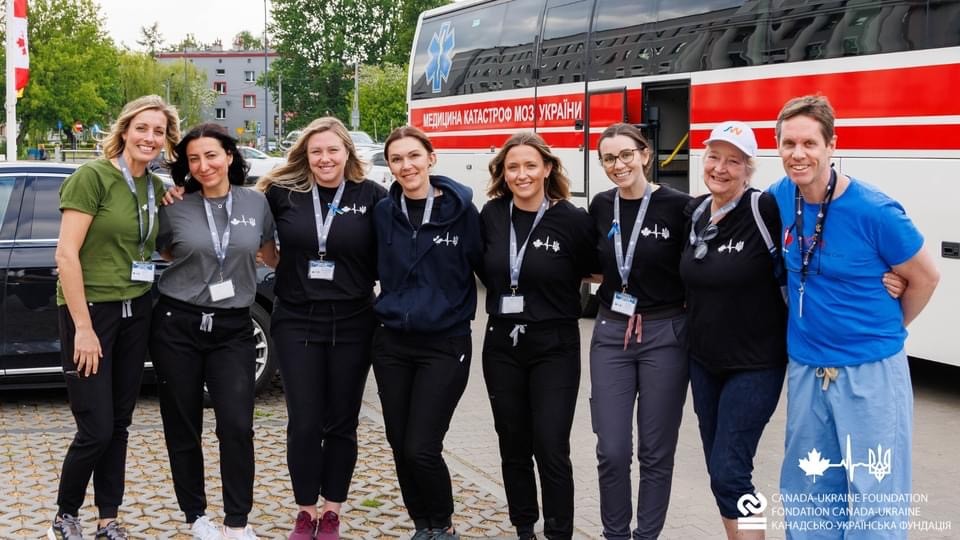
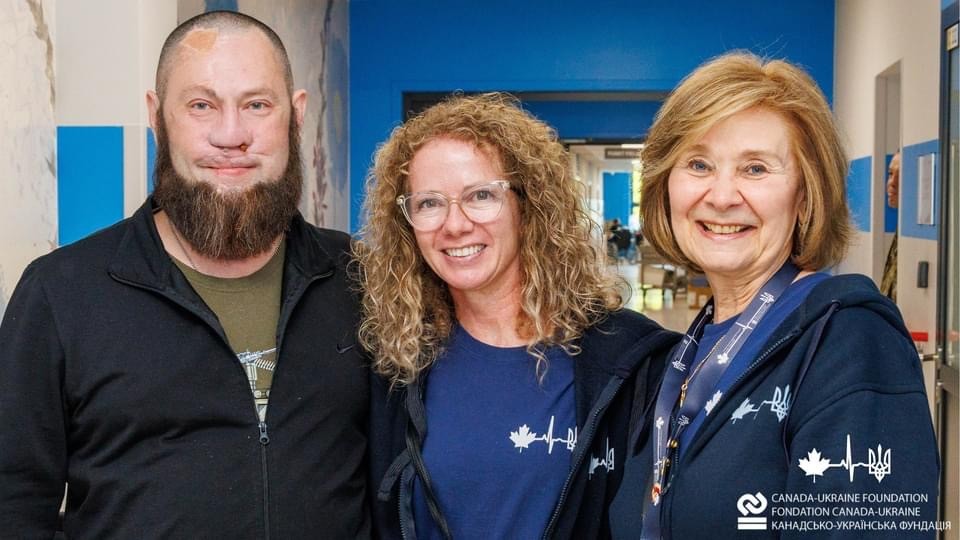
We were pleased on this mission to be joined by the Ambassador of Canada to Ukraine, Natalka Cmoc. Her Excellency had the opportunity to tour the host hospital in Czeladź, Poland and speak with our committed group of volunteers. We thank Ms. Cmoc for giving her time to learn about our surgical program.
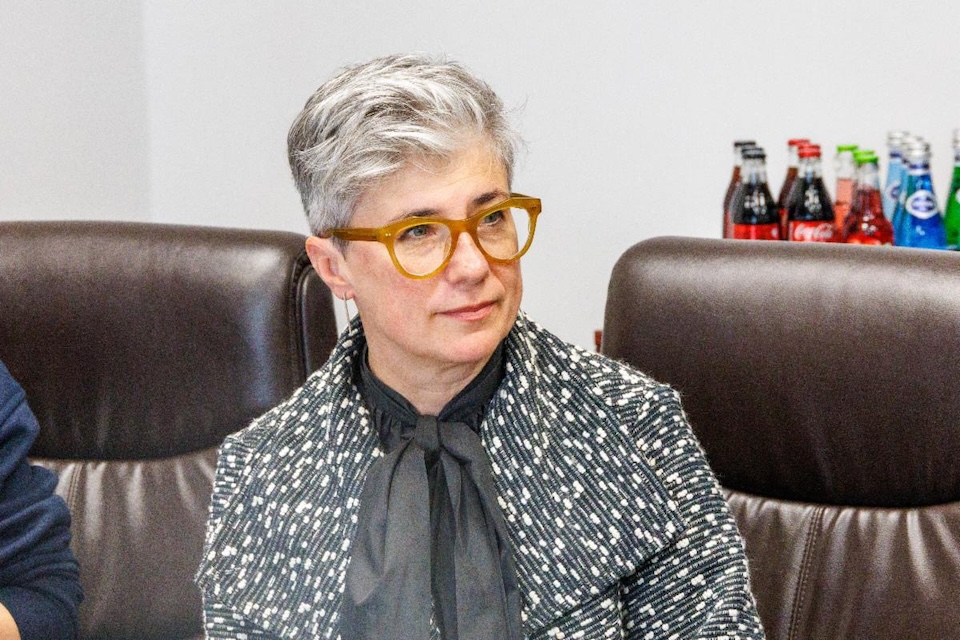
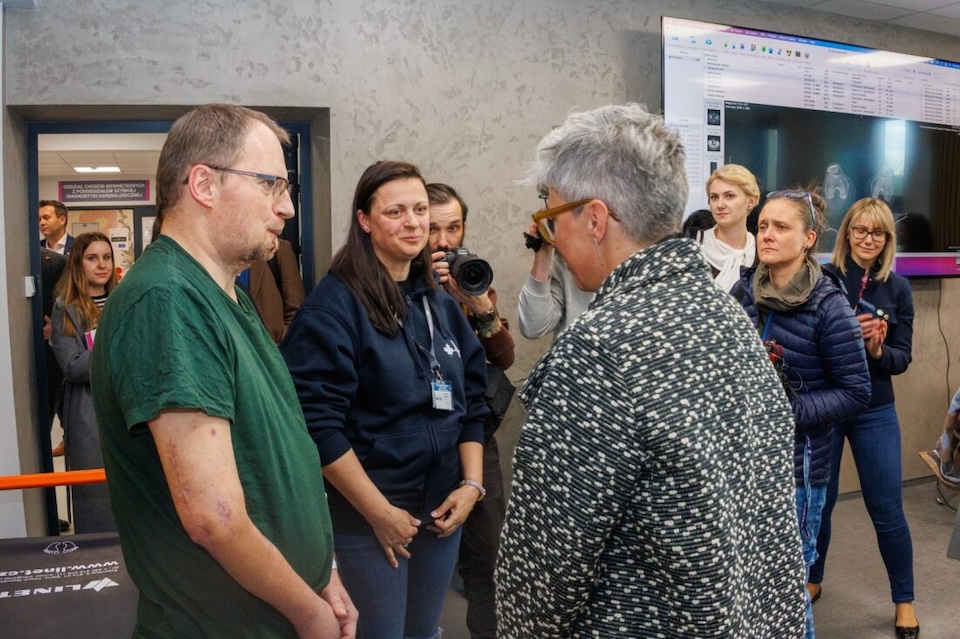
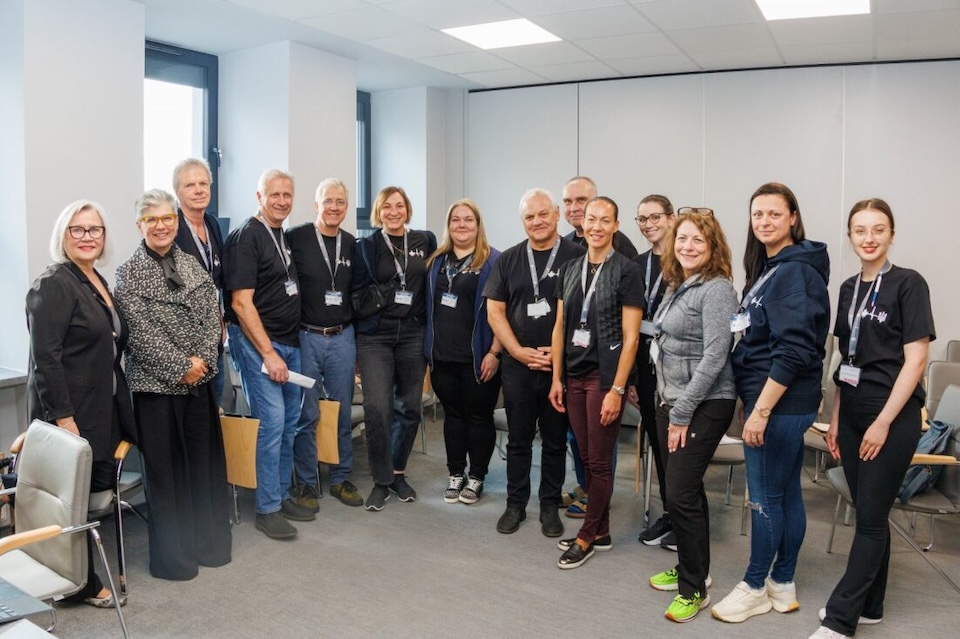
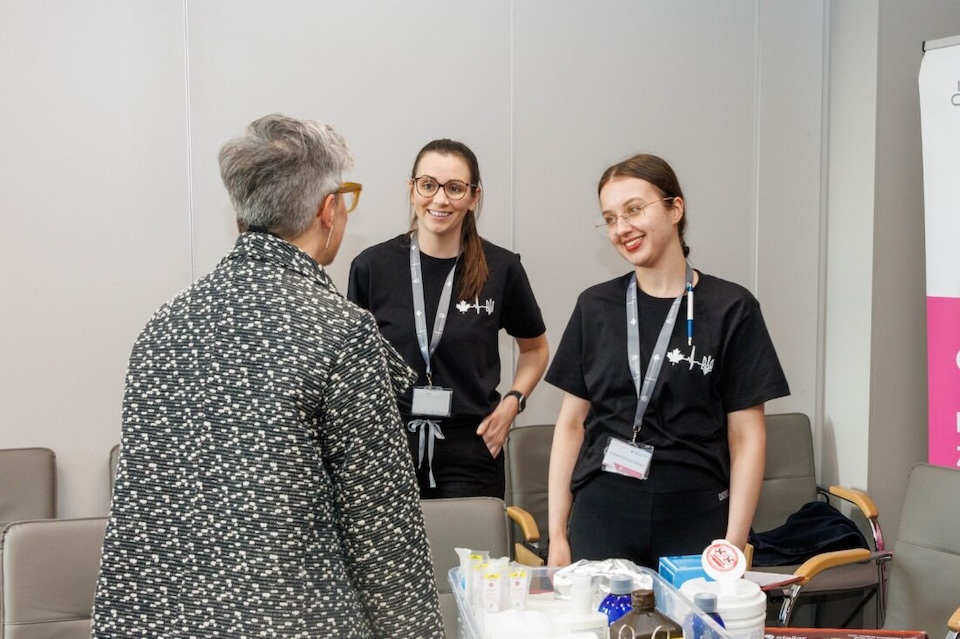
CUF would also like to extend our gratitude to our donors and supporters. We are incredibly thankful for your contribution and for being such an important part of our cause. Your generosity makes this humanitarian assistance program possible and forever impacts the community of Ukrainian veterans and civilians we serve.
It is more important than ever to remain committed to assisting Ukrainians in this time of need. As we conclude another successful surgical mission in Poland, we are reminded of the work that remains to ease the tremendous burden on Ukraine’s healthcare system. On behalf of everyone at the CUF and CUSAP, we thank you for your ongoing support in helping to change and save the lives of Ukrainians.
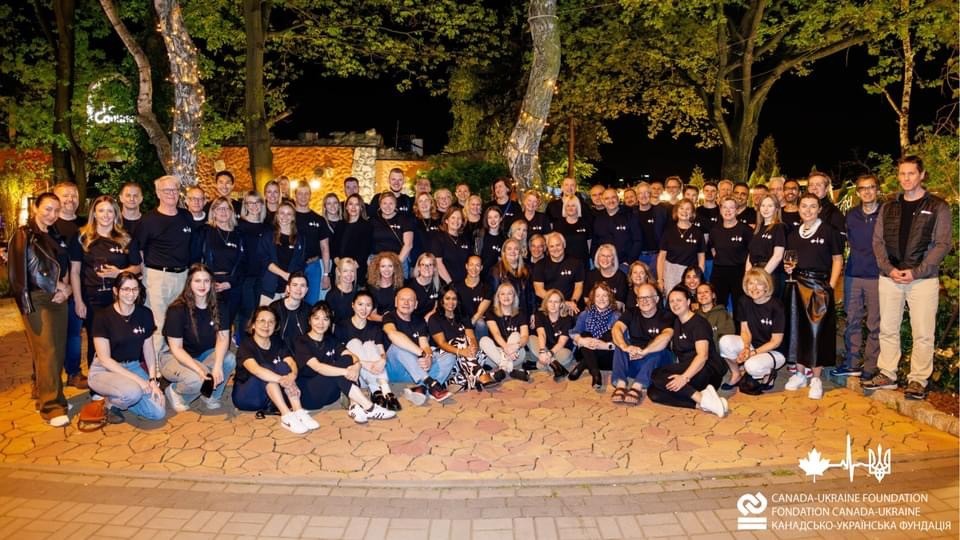
Photos credit: Andrey Syrko
Background
Canada-Ukraine Foundation (CUF) was founded in 1995 and has a strong track record of providing humanitarian assistance to Ukraine in the areas of healthcare, education, and civil society.
Canada Ukraine Surgical Aid Program (CUSAP) is a humanitarian surgical aid initiative established by the Canada-Ukraine Foundation together with the Sunnybrook Health Sciences Centre in 2013 that provides life-changing care to patients affected by the war in Ukraine. The surgeries have significantly improved the quality of life of Ukrainians who undergo the operations.

